|
Image By Mark Freeth. https://www.flickr.com/photos/freetheimage/14427500673 A Poem about vaginismus...
The Vagina’s are angry Angry about respect They’re closing in protest. The vagina’s are angry They don’t want to be plucked, shaved, or zapped They don’t want to be douched, or scrubbed They don’t want to be powdered and dried, You don’t know it yet But they’re closing in protest. The vagina’s are angry They don’t respond to threat’s They don’t respond to pressure You’re vagina hasn’t told you yet But it’s closing in protest. The vagina’s are angry They’ve taken a stand They’re screaming inside And are not taking appointments The vagina’s are angry You may not have got the memo Vagina’s are independent and strong Communication is key, it’s a two way street They’re closing in protest. The vagina’s are angry They want to feel safe. They need to feel nourished They respond to respect They respond to appreciation They respond, yes they respond. The vagina’s are angry But they don’t want to be They are ready, willing and able But they’ve been hurt and need care. The vagina’s are angry Let them breath, let them speak Let them stand as they are Let them not be conformed The walls will come down The screams will subside They ask for respect We all owe them that.
0 Comments
I’m pretty much what you’d call a type ‘A’ personality. There’s a part of me that is, or used to be secretly proud of this statement. Doesn’t type ‘A’ mean you’re a perfectionist? That you work hard and achieve high? Well, maybe, but only if the conditions are perfect, and it’s likely that if you really are a type ‘A’ nothing will undo you’re perfect world faster than welcoming a little person or two into your life.
Type A’s like to have their ducks in a row, a very neat row. Generally, their brainwaves run at a pretty high velocity, often jumping on different thought trains and travelling fast in all sorts of directions. Sometimes helpful ones that solve problems quickly and get things done efficiently, especially if you can focus your full attention and can mobilise yourself to that task in that moment. But what happens when you are forced to slow down? When you cannot get off the couch because your 2 month old has decided they’ll only settle whilst on your chest but you know you need to get to the shops to make that dinner you had planned. Or when you cannot sit in front of the computer for 30mins to type that important email because you’ve just picked up the kids and they are hungry, need afternoon tea NOW, and need to tell you about a fight they had with a friend? What happens inside that type A mind? Does it accept this new state of incapacity? Of delay? Of imperfection? Or does it run faster? Does it try to do both things at once? The truth is being a parent sometimes (often) involves doing things well below your maximum brain power. So, it makes sense to do something else at the same time. Doesn’t it? I think about what I need at the shops while acting like I don’t know how to do a 9 piece puzzle with my 4 year old; I think about work and formulate a ‘to-do’ list while putting together a nutritionally balanced, interesting and hopefully palatable lunch box. I thought this was multitasking and patted myself on the back for proving to the invisible Gods that women can indeed do two things at once. However, as we learnt from last weeks blog, it’s not multitasking at all but instead a horrible state of mind called ‘Continuous Partial Attention’ which forces you into a constant state of adrenal attention and eventual chronic stress and has serious health impacts. For more on this, check out last week’s blog here. After years of doing this, I started to feel vague and disconnected. Like I wasn’t properly seeing or focusing on things. But more than that, it’s hard to describe…a sort of brain fog, a desensitisation, like an imposter was walking around in my life and they were doing a really bad acting job. It actually felt awful. Sometimes my days were passing, but I wasn’t noticing or enjoying them. And the odd thing was, I wasn’t being that effective, even though that was the whole point of multitasking in the first place. I’d start five different tasks, but not finish one. I’d think about abizzilion thoughts, but none of them would end anywhere useful or decisive. And all this while I was missing chunks of my day that left me feeling a bit powerless and lost. Then, I started hearing about the mindfulness movement, about being present, about immersing yourself in the sensations, the feelings and the thoughts of the present moment to achieve a calm and focused mental state. Yes! I thought. This is me…This is what I’ve been missing. I’ve been mentally somewhere else because I was trying so hard to be everywhere and be everything. I want to feel present all the time, I want to really see my kids when I look at them and hear their little voices. Not be caught up in some other task my brain is wanting to focus on. But it’s hard to do. The shopping list still needs to be thought about and doing the same 9 piece puzzle every day is mind numbingly easy. So how do we do it?! How do we genuinely engage in our present and not be temped into the easy trap of mentally drifting away? Well the first is to convince your brain that it’s not worth it. That doing several things at once does not in fact make you any more efficient. This may take some time because you’re brain is pretty stubborn, so you need to be patient, kind to yourself and persevere. Then, there are some pretty nifty Mindfulness tools you can use to bring your mind back to the moment. Here are some of my favourites: “One thing at a time.” When I feel my mind racing off in front of me, I rein it in by repeating “One thing at a time” to myself. It’s a great mantra and immediately forces me to be calm, methodical and see what is in front of me. Notice the small things. When my 4 year old is concentrating on a puzzle, she gets an adorable focused look on her face. I can see her brain ticking and her entire body is involved in locating the pieces, fitting them into place with her pudgy little fingers and then she gives herself an adorable clap when she’s done. When I focus on these details my mind is sharper, and alive. I feel happy that I’ve genuinely enjoyed watching this little piece of magic. Feel sensations on your skin If you are outside, become aware of the sun on your skin, or a cool breeze. If you are feeling warm and cosy or wearing something soft, take a few seconds to acknowledge the material sitting on your skin. Even better, if you are lucky enough to be holding a little persons hand, notice how soft it is, yet how much power they have to cling tight to you. Take a belly breath Breathing a full breath and travelling with the air into your nose, down your throat, into your lungs and through your blood and to your muscles is a great way of becoming aware of your body in the present. It also, floods your system with oxygen which rejuvenates your cells and gives your more energy. This is a good start. But it’s not an immediate fix. One thing I’ve learnt is that you need to forgive yourself. It’s helpful to treat your mind like you would a 2 year old. Steer it in the right direction, but when it starts playing up, gently, and with good humour, direct it back on task and don’t expect too much of it. Mindfulness, it’s a journey worth taking. Not one I profess to be much good at yet, but I really have no interest in continuing down the unfulfilling journey of poorly attempting to multitask, and I encourage you to do the same. I can’t do two things at once. Well, I can, sort of…but I’m trying to stop. You know why? It’s killing me. And I don’t just mean emotionally killing me, I mean it’s actually increasing my risk of cardiovascular disease, weight gain, osteoporosis and Alzheimer’s Disease….and that’s just the start of the list. I like being on top of things as much as the next person. I like being effective and feeling in control. So….I’ve been multitasking, or so I thought. Turns out what I thought was multitasking is actually something else coined Continuous Partial Attention (CPA) and it’s really bad for me. What’s the difference? Multitasking is literally doing two things at once, such as stirring pasta whilst having a conversation. But in order to really multitask, at least one of the tasks has to be so simple it is essentially automatic, in the above example it would be stirring the pasta. Continuous partial attention refers to doing two tasks that require cognitive attention at the same time. However, in actual fact, we are not performing the two tasks simultaneously, rather rapidly switching between the two, or three, or four, and this is where things begin to go drastically wrong… An example of CPA would be; following a recipe to make a new gluten-free, dairy-free, fructose-free dinner, whilst having two independent and unrelated conversations with a 7 year old and 4 year old, and receiving a text message… at the same time. The brain does not process these cognitive demands simultaneously, rather it’s doing a crazy aerobics workout reminiscent of a Les Mills Body Attack class and leaving you equally exhausted. This kind of shifting of concentration is driven by our desire to achieve across all levels, not to miss anything (I think the kids are calling it FOMO), and due to being chronically time-poor. Setting all the problems with these motivations aside for another blog on another day… let’s deal with the issue at hand, which is what impact is this constant CPA state having on our health? Continuous Partial Attention forces us to maintain our attention in a state of hyper-vigilance which in turn keeps our bodies’ flight-or-fight response activated. The flight-or-fight response is a natural, necessary reaction to a threatening or stressful situation that requires immediate action. It turbo charges our bodies for action and for repair, it mobilises stress hormones such as adrenalin and cortisol and increases platelet concentration and immune cells in preparation for tissue damage. It is designed to be used occasionally and for brief periods of time, such as running away from a lion. When it is chronically engaged, as in constant CPA, all these chemicals and physiological changes are being turned on, with nowhere to go. We experience this as anxiety. Image: Start running; an appropriate activation of the flight-or-fight response. This long term, over-activation of the stress response causes wear and tear on the body. Some of the symptoms are
Sooo…..who still thinks they’re being efficient when they’re multitasking? But it makes sense doesn’t it. Doesn’t it feel awful when you’ve been jittering around all day from unfinished task to unfinished task, never fully seeing or hearing the world (let alone your kids) around you? It did for me. And therefore, enter Mindfulness. But sorry, you’ll have to wait. This blog is long enough and I can’t possibly do justice to the force that is Mindfulness in less than 200 words. But I hope I’ve given you some food for thought. So don’t hold your breath for the next instalment, rather take a big belly breath and actively stop doing too many things at once, it’s really not good for you. Until next time. Kym So, confession time, I occasionally can be seen loitering in the ‘self help’ section of a book store. I actually find it fascinating, I am always sucked in to the opportunities for bettering my life and filled with an exciting sense that can only be described as “turning over a new leaf”. Here is the ‘self help’ section of my personal bookcase: (Oh, I feel a bit naked now!)
So, you may have spotted in my collection, Gary Chapman’s classic book ‘The 5 Love Languages’. For those of you who are not familiar with the 5 Love Languages, here they are listed below: -Words of Affirmation -Quality Time -Gifts -Acts of Service -Physical Touch The premise of the book is that most people identify with a particular love language and that is how they like to receive, and generally the default way that they give, love! So for example, If your love language is gifts, you like to buy people you love gifts, that is how you communicate your love. And generally, you expect gifts in return to feel loved. If your partner is speaking a different language, for example, is missing a night out with friends to be home with you watching a movie because his language is ‘Quality Time’, but you never get a look in, in his weekly shopping list, then we have a mismatch and fireworks can begin (the bad kind, not the good ones). Now I think I bought this book about 2 years into my relationship with my now husband, so no kids on the scene, not even a ring on the finger and still living separately. I distinctly remember identifying myself as a ‘Physical Touch’ linguist, I loved to feel the comfort of strong arms embracing me or the feel of his rough hands interlocked with mine as we walked down a street. My husband was a ‘Words of Affirmation’ kind of guy. This was interesting to us and fuelled a few good D&M’s (probably late at night over the cordless phones!) but I can’t recall there being much else to note. However, I do remember being very critical of the ‘Acts of Service’ language. Let me explain… Acts of Service refers to physically doing things for your partner as a way of showing you love them. For example, cleaning the house, mowing the lawn, taking out the rubbish, folding a load of washing. As a young independent woman in my early 20’s (who still lived at home and had very few responsibilities), I thought this was extremely mundane and old fashioned. How could anyone possible interpret that as passion? As an act of love? And what sort of person would you be if you expected that of someone you loved? I thought that meant you basically wanted a slave. I vowed never to speak that love language and proudly ticked the box ‘Physical Touch’ (so much more romantic!) Then, I moved out of home… And had kids…. Now; I would strip naked for a man who folds a load of my washing. Now; there is nothing sexier than my husband voluntarily cleaning up the kitchen and placing a fully cooked breakfast in front of me. Now, I get ‘Acts of Service’ as a love language. Oh boy, do I get it. And Physical Touch? Well, as a mum, I have been smothered, physically, for 7 and a half years. I have revelled in the softness of their skin, their pudgy arms clinging to my neck, their soft kisses all over my face, their little hands wrapped around my fingers. I regularly bury my face in their soft tummies to blow raspberries and they nudge their hard little heads under my chin and into my chest. I receive love through physical touch by the truckload, so I don’t actually need it from my husband. This paradigm shift in our relationship took a lot of figuring out (I’m making it sound easy here) and quite a while to get our heads around. The very rhythm of how we loved each other had to change as our needs changed. And between work, study, breastmilk, nappies, houses, kids and sleep deprivation it was hard to see things so clearly. But we got there, and lucky for me, now on a weekend morning…I get both my favourite love languages, hugs in bed with the kids while my husband cleans the kitchen and cooks breakfast! Now, you’re speaking my language! Kym. For resources and help with shifting your relationship after you have kids, check out this website: www.partnerstoparents.org Last night, while the kids were in the bath, my husband was being a goofball and popping out from behind a door making funny faces, causing them to shriek with adorable, bubbling laughter. I was sitting in our bedroom, folding the washing and enjoying the spectacle. He came into the bedroom and while we were chatting he commented that he thinks a lot about the legacy he will leave as a father.
My immediate thought was ‘that is really good!’ Of course I want the father of my children being aware of the impact he is leaving on our kids. This thought was quickly followed by another…. “I don’t think about the legacy I’m leaving on our kids a whole lot” Whoops. I mean, I should be, right? I did when I was pregnant, I even wrote down the sort of mother I wanted to be. My notes were filled with good intentions, to create a happy home filled with love, security and acceptance of my children and whatever they wanted to be. I also (now I realise, stupidly) wrote down little details about how my children would behave, like I had a choice or could hope to mould them so clearly. But time for those dreams is a thing of the past. Time to wistfully imagine my perfectly endless compassion and patience as a mother does not factor into my day to day, real life actual mothering. Now, don’t get me wrong its not that I don’t still want all that, but do I actually achieve that daily? I’m not sure. It’s hard to think about it or assess it between getting everyone dressed and fed, doing hair, and packing the dishwasher for the 3rd time that day. So, what will be my legacy? As I was sitting there, methodically sorting and folding the washing with a careful eye on my girls playing in the bath, I took a breath (shout out to my meditation teacher Cath Guilesspie for that little lifesaving tip!). And that helped me to step off the perfectionist panic train in my brain. I realised what my legacy will be. It will be being there. And now stop, I don’t mean that in any amazing, betty home-maker, always mindfully present kind of way. Cos that’s not me, at all. But I definitely always go and check on them after the 5th time they call out, or when the crying really escalates to the point that I’m worried the neighbours might complain, or if there’s blood. I’m always prompt if there’s blood. No seriously, I really mean, just being human and doing it in front of them. Like making mistakes, like crying, like dancing a little crazy to ‘shake it off’ or belting out Adele’s “Hello” while they watch in a mystified horror. Like having an argument with my husband and then finding a resolution, showing them it’s ok to have a strong opinion and stand up for it, and also the importance of understanding and compromising. They are watching me devote time to building my business, learning the importance of hard work and doing something you believe in. They see my husband and I commit to sports and sometimes that means, time away from home but I hope they are learning the value of staying active and getting involved. Legacy will be what it will be, it is not generated in a day, or a week. It is the sum of all your actions. And no amount of diary writing or wishful thinking will probably impact it. It’s nice to think about it occasionally and do a little assessment of how I’m tracking, but at the end of the day, being there and being human, the good and the bad, will demonstrate the greatest strength and is the best legacy I can leave behind. Phew! xx I read the other day on Facebook about a distant relative’s relationship break up. It was a shock because she had posted a beautiful photo of her and her ex-boyfriend hugging, and the first few lines were a summary of how they met. She was lulling me into a false sense of security with what I thought was going to be a love story ending in an engagement announcement, but then she dropped me like a sack of potatoes at the news that they were not going to live happily ever after and were in fact ‘going seperate ways’.
Now, let me explain, I have actually only met this distant relative twice, I have never met her seemingly lovely boyfriend. But this distant relative-of-mine is quite into social media and regularly posts lovely photo’s and updates on what they get up to. So I feel connected to them. I know they have a long distance relationship, when they are apart they post about how much they yearn for one another, and when they reunite there is a post about how happy they are to be together again. They do romantic things together - I know all this, because she tells me and shows me, and the other 350 friends she has, on Facebook. So anyway - in this very surprising break up post, she mentioned there had been many tears?!! And that they had reached a mutual decision that they were not right for each other!!! What the?! All news to me. I felt betrayed. I had been lied to. Now, forgive me for being totally normal, and somewhat affected by my world and what I see and hear around me. But sometimes, when I’ve been feeling especially tired, grumpy, and lets face it - emotional for a reason that’s to do with a plummet in my progesterone levels and happens cyclically… I have been jealous of this distant relative-of-mine’s lovely, romantic relationship. I have compared my life and thought; if there are people out there like this distant relative-of-mine who are so happy and in love all the time, then maybe there's something wrong with me and my life. But they are breaking up! This is the one bad news snippet that people can’t hide. A break up. It eventually comes out. Now, I think it’s normal to compare yourself to your environment. In fact, if you are reading this on your high horse thinking “I never compare and judge myself against people around me” then I’d go as far as saying GET OFF! Only if you lived in the deep jungle with no access to other humans would you genuinely not be influenced by other people. And even then, you’d probably start comparing your ability to forage food to the apes that lived with you. My point is, everyone judges, everyone compares, so the point of not comparing is moot and lets stop quibbling over it. But I digress, I guess my point is, how much more were they hiding? And I know they weren’t actually hiding anything from me. They were simply only showing me the best bits. And on receiving this news, which I’m not going to lie, took me a few minutes to get my head around despite having never been in their physical company. I began to go back and re-think all those times I had categorised my life metaphorically lower than hers and I upgraded it. So I was left with a mix of feelings; shock, betrayal, sadness for her, and then…slightly more satisfied with my lot in life. So now, I’m at the end of my spiel and I feel the pressure to end with some wise words about social media, judgement, comparison and self worth. But I haven’t figured it out yet…we can’t stop looking at everything online, or stop the freight train that is social media. So I’m not going to offer advice or even an opinion. But I do like the idea of re-naming Facebook in my own head as “The Best Bits”. I think that will help me in the future and I’m happy for you to do it too :) “You will, but not yet”
This is a phrase I find myself saying a lot. I say it to the beautiful woman, sitting in my room with tears threatening to roll down her cheeks as she tells me she wants to have ‘normal sex’ with her husband. She has come to see me because since her baby was born 5 months ago, penetrative sex has hurt. They have tried three times now and it feels like it’s getting worse, not better. She tells me her sister said she felt back to ‘normal’ about 8 weeks after giving birth and she thought she’d be back to normal by now too. I say it to the beautiful woman who has started training for the half marathon. She has always run 5kms with no problem, but since she started training beyond 10kms she has been leaking urine. She thought this was something that only happened after you had kids? She hasn’t even done that yet, and she is worried this will get worse. But she is even more worried she’ll never be able to achieve her goal she and her friend have set themselves of finishing the half marathon together. I say it to the beautiful woman who gave birth 3 weeks ago and wants her figure back but her tummy is still soft and protrudes forward when she stands. She is worried about muscle separation and wants to get back to yoga as soon as she can, but her baby is clingy and wants to breastfeed all the time. She is exhausted and wants to know why her recovery seems to be taking longer than she expected. Our bodies are amazing. They are capable of producing and sustaining life, and achieving brilliant physical feats of strength, endurance and flexibility. Although our bodies are miraculous, they are not magic. Tissue healing is incredible, torn or stretched tissue will mend given time and the appropriate conditions. Weakened muscles can strengthen with consistent training and good technique. In the world we live in, we are inpatient. We are used to getting things before we have earned them. This does not happen with the human body. So I tell these beautiful women, “you will do these things, but not yet.” Do not be pressured by your friends, sisters, or social media feeds to rush your body. Seek good advice from a source you trust and follow your own path to recovery that feels right for your body. You have the rest of your life to achieve these goals, right now, it is time to heal and rehabilitate. Pregnancy, Labour, Breastfeeding, Parenting. Lots of people have done it, lots of people are doing it. Lots of people want to tell you how to do it.
As a new mum, or back up, as soon as you announce your pregnancy, people are full of stories and anecdotes about their experience, and very keen to pass on well intended ‘words of wisdom’. And unfortunately, you also get conflicting messages and advice from the bevy of health professionals you come in contact with, particularly in those early, sleep deprived days as you are beginning your life as a parent. Breastfeeding issues? Oh you need to express more. No! Baby to breast ALL the time. More sleep will do the trick! Rub breast milk over your nipples after every feed. No! Get the lansinoh on it! Just some fresh air and sunshine is all you need! Massage the lump toward the nipple, NO - away! Heat before a feed and cold after. More time between feeds, feed as often as you can to keep the milk moving! AAAAAHHHHHHHHGGGG!!!!! It makes me stressed even writing it. I’m going to say something now that could well put me out of a job. You already know what to do. The reason you think you don’t is not your fault. It’s a combination of access to too much information and bad old wives tales. Let me paint you a picture. I see women who have blocked ducts or mastitis. These are the sickest women in my care. They come in and when they’re in the thick of it, they are clammy, spaced out and desperate. Not only are they very sick, but they are sleep deprived (cos they’re a mum of a newborn), in a state of physical recovery (cos they’ve just given birth), and they are stressed to the max because their baby’s lifeline (their breast) is under very serious threat. You know what makes mastitis worse? Stress. You know what stresses a mum more than anything? Feeling confused and helpless. Now, there is lots I can do for this lady but the best thing I can do right away is tell her to TRUST HERSELF. You’re a mum now, that comes with instincts. Trust them, they’re good. More than anyone’s advice, more than the doctor, more than the midwife, the lactation consultant and more than my advice, do what feels right for you and your baby. The feeling I get when I see the lady’s reaction is bitter sweet. I love that look of relief, enlightenment and trust; but I hate that the reason they understand what I’m saying is because they have been made to think they don’t know what’s best. Not by any one person in particular, in fact, the most reliable culprit will be themselves, that good old self doubt we are all so good at. An injection of self belief and an excuse to stop wasting precious time googling their condition for a better answer can work miracles. To all mum’s out there, you already know what to do. Stop and listen to your baby and your body, and trust yourself. Then get some rest. That’s always my second piece of advice :) A lot of people, mostly clients, ask me why I got into pelvic floor physiotherapy. Often the question comes just as I'm about to do an examination and often it's framed like; “How did a nice, young girl like you find yourself doing something like this?” I normally respond by saying "Well, having a couple of kids makes you interested in the pelvic floor!" or "I think it's the area in physio where I can have the greatest effect on people's quality of life". Both of these statements are very true. But the real reason I became interested and specialised in women's health is that after my first baby, Lily who is now aged 7. I developed a vaginal prolapse. I was 24, and felt like I was falling apart. I was so horrified that someone like me, a physio with information and education on how to look after my body during pregnancy and postpartum, had still developed a prolapse. I felt defeated. It sent me into a spiral of depression and self pity about my physical future and the possibility of having more children. How had no-one warned me about this? Where had I gone wrong? Was I expected to live with this diagnosis and sensation for the rest of my life? I started learning everything I could about prolapse and pelvic floor health. One thing led to another and I was sitting in a post-graduate class at Melbourne Uni studying Advanced Rehabilitation of the Pelvic Floor, I loved it, so enrolled in another course this time, studying Exercise for Women. I realised there was so much more we needed to do to get the right information out there to pregnant and postpartum women. So, where had I gone wrong? Despite the fact I should have known better, I had let my pride get the better of me. I had conformed to what I saw on magazine covers and Facebook feeds and tried to return to my pre-pregnant self within weeks of delivering my baby. It wasn’t necessarily about looking great, it was just about being independent and capable. I picked up prams, grocery bags, washing baskets, even assisted packing and lifting boxes when we moved house at 6 weeks post partum. I was determined to be seen by everyone, as one of those women, who are competent, successful and fabulous. It's not to say the information about how to do it better wasn't out there. It's just that the noise from my newsfeed of stories about women 'bouncing back' was so much louder and frankly, more exciting. But even if I may have fooled a few friends or family as to my competency or fabulousness, it was skin deep, and not worth it. So, I now spend a lot of time discussing these issues with my family, friends and very importantly the women in my professional care. It is a driving passion for me to educated women about how pregnancy, labour, birth and postpartum recovery not just should be done, but HAS to be done. It is my goal to dispel myths and images of perfection like this… And saturate my community with real images like this…. I am very pleased to say that now, I am no longer bothered by symptoms of my prolapse. I delivered my second baby, Eliza (who was 4.6kgs), 3 years after Lily was born. I heeded all my own information about optimal recovery immediately postpartum and long term, and my prolapse stayed at bay. I now regularly participate in fun runs, lift weights at the gym and jump on the trampoline with my kids. Prolapse management and pelvic floor health will always be on the agenda for me, as it should be for everyone. But hopefully, my story and my message will mean less young women are diagnosed due to impossible and unrealistic pressures they may be putting on themselves.
|
Welcome!Hi! Welcome to The Blog! Please be aware, Womankind Physiotherapy's blog is not intended to replace information and advice from your health care provider. For specific concerns regarding your health you must seek individualised care by your preferred provider.
Archives
March 2021
Categories
All
|
Women's Health Physiotherapists, Pelvic Floor Physiotherapists, Pregnancy Physiotherapists, Pre and Post Natal Physio, Pelvic Health Physio,
Pregnancy Pilates, Ultrasound for Mastitis, Breastfeeding Physio, Blocked Ducts, Pelvic Floor Exercise, Pregnancy Exercise.
Eltham. Yarrambat. Greensborough, Montmorency, Lower Plenty, Diamond Creek, Research, Rosanna, Yallambie, Watsonia.
Pregnancy Pilates, Ultrasound for Mastitis, Breastfeeding Physio, Blocked Ducts, Pelvic Floor Exercise, Pregnancy Exercise.
Eltham. Yarrambat. Greensborough, Montmorency, Lower Plenty, Diamond Creek, Research, Rosanna, Yallambie, Watsonia.
Copyright 2016 Womankind Physiotherapy


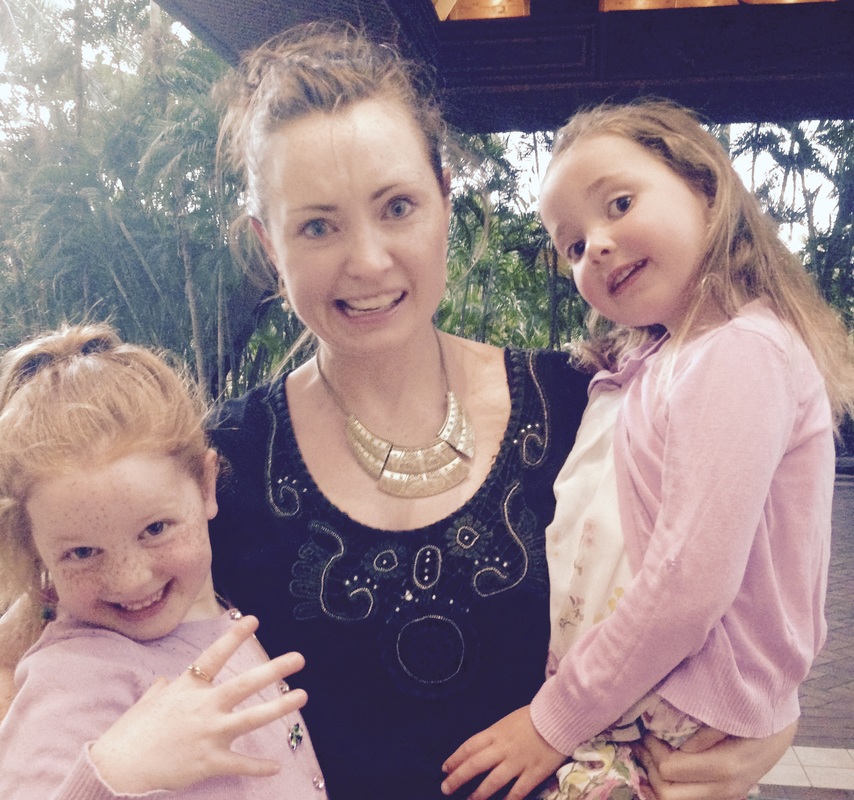
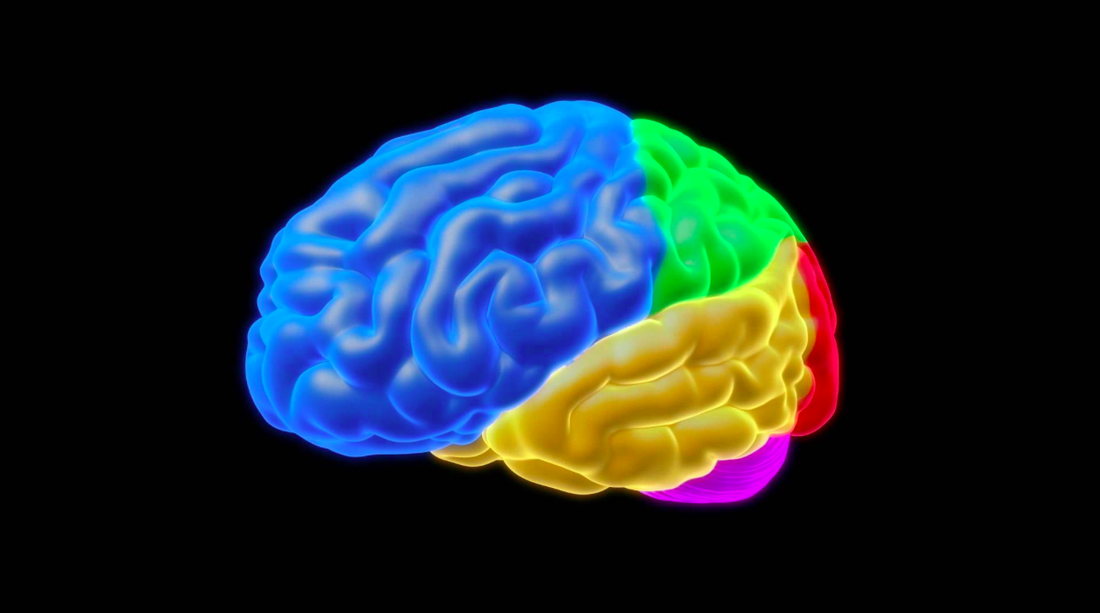

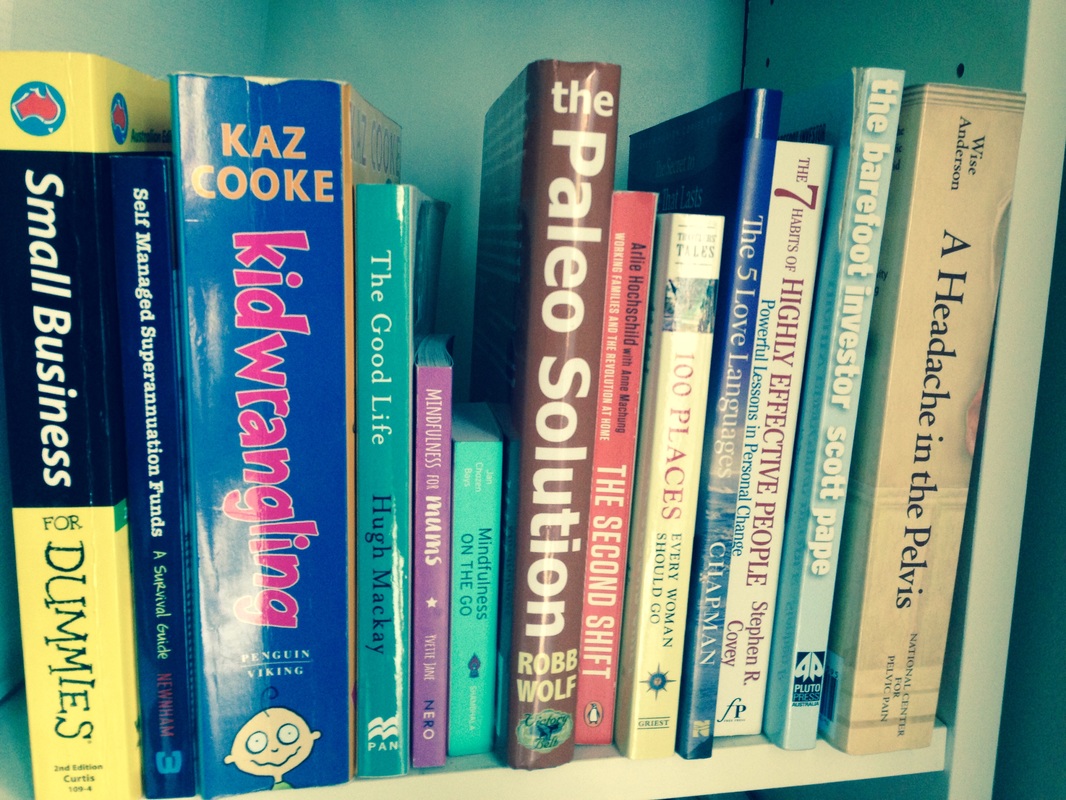
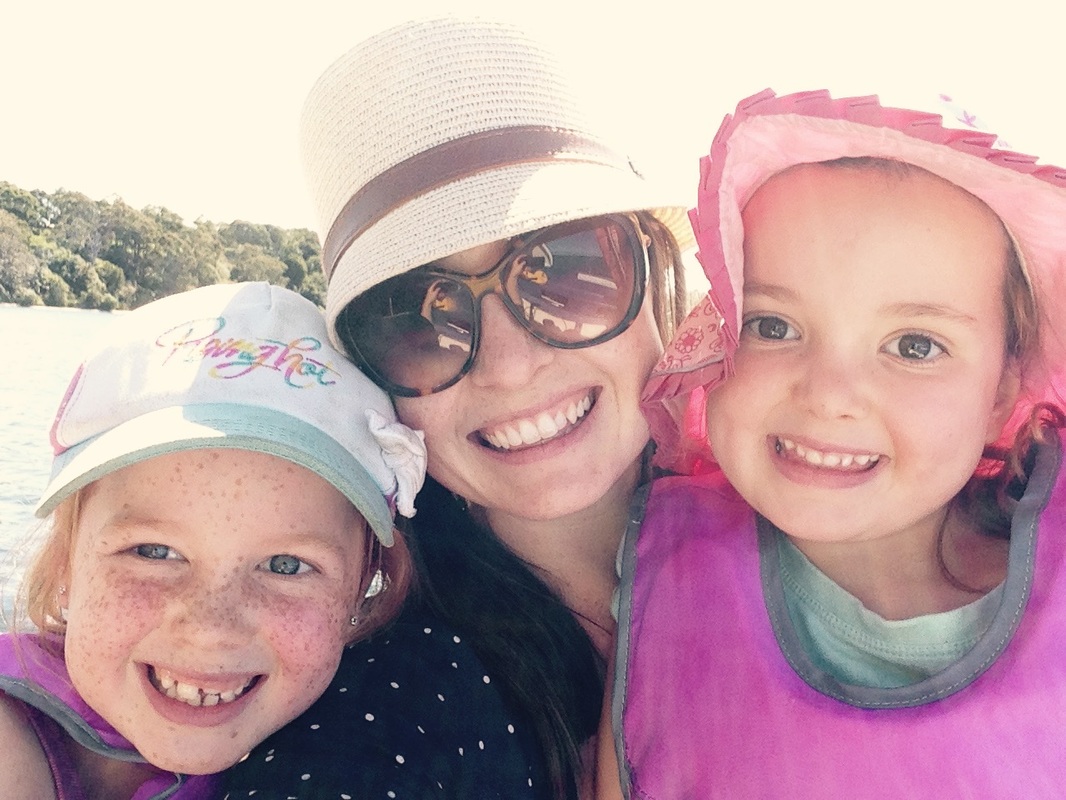







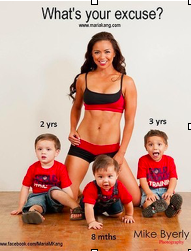
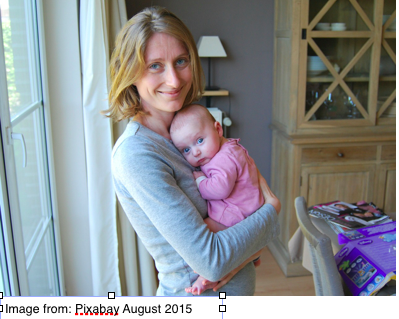
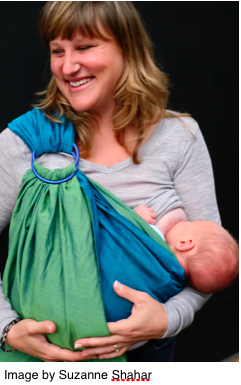
 RSS Feed
RSS Feed